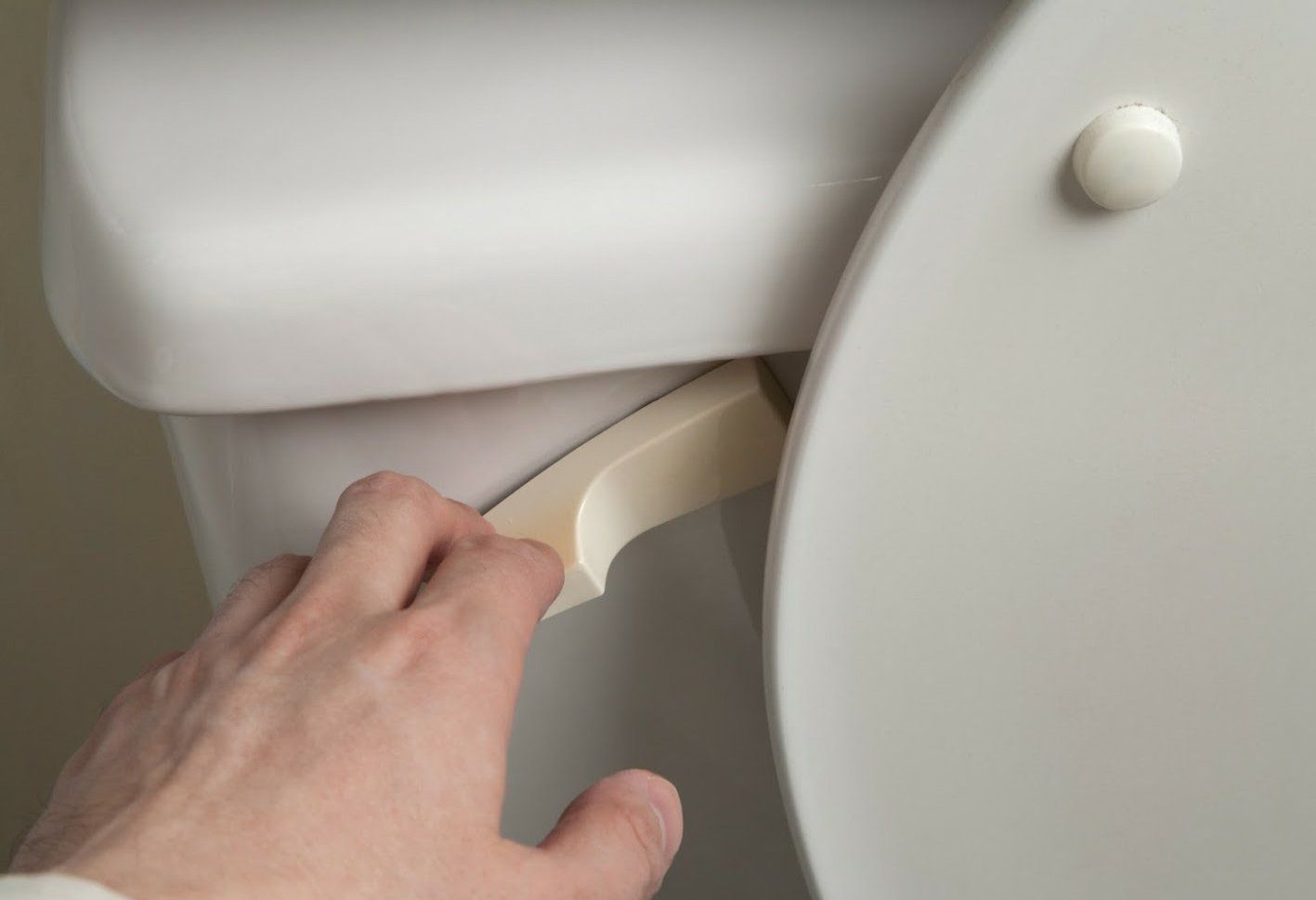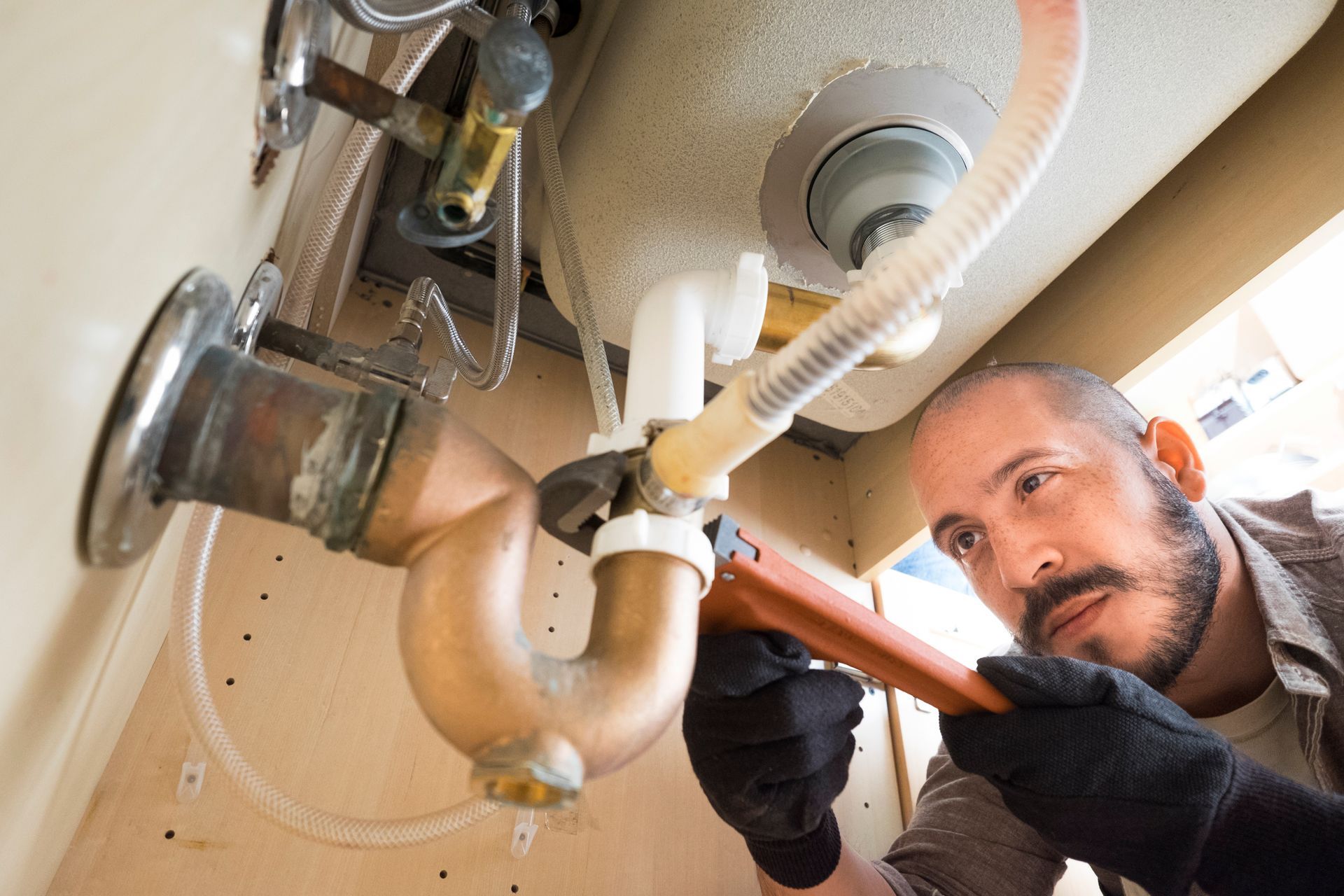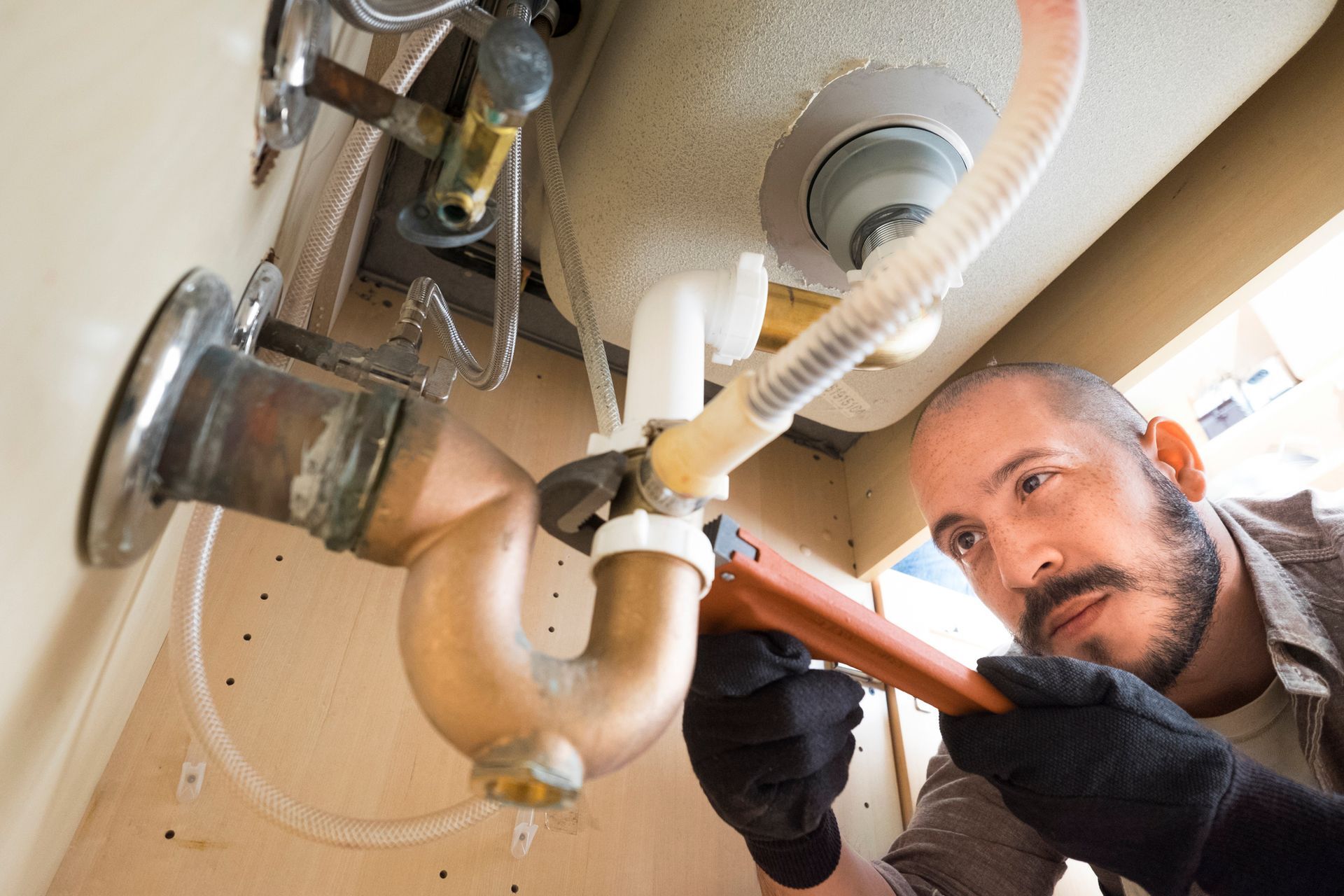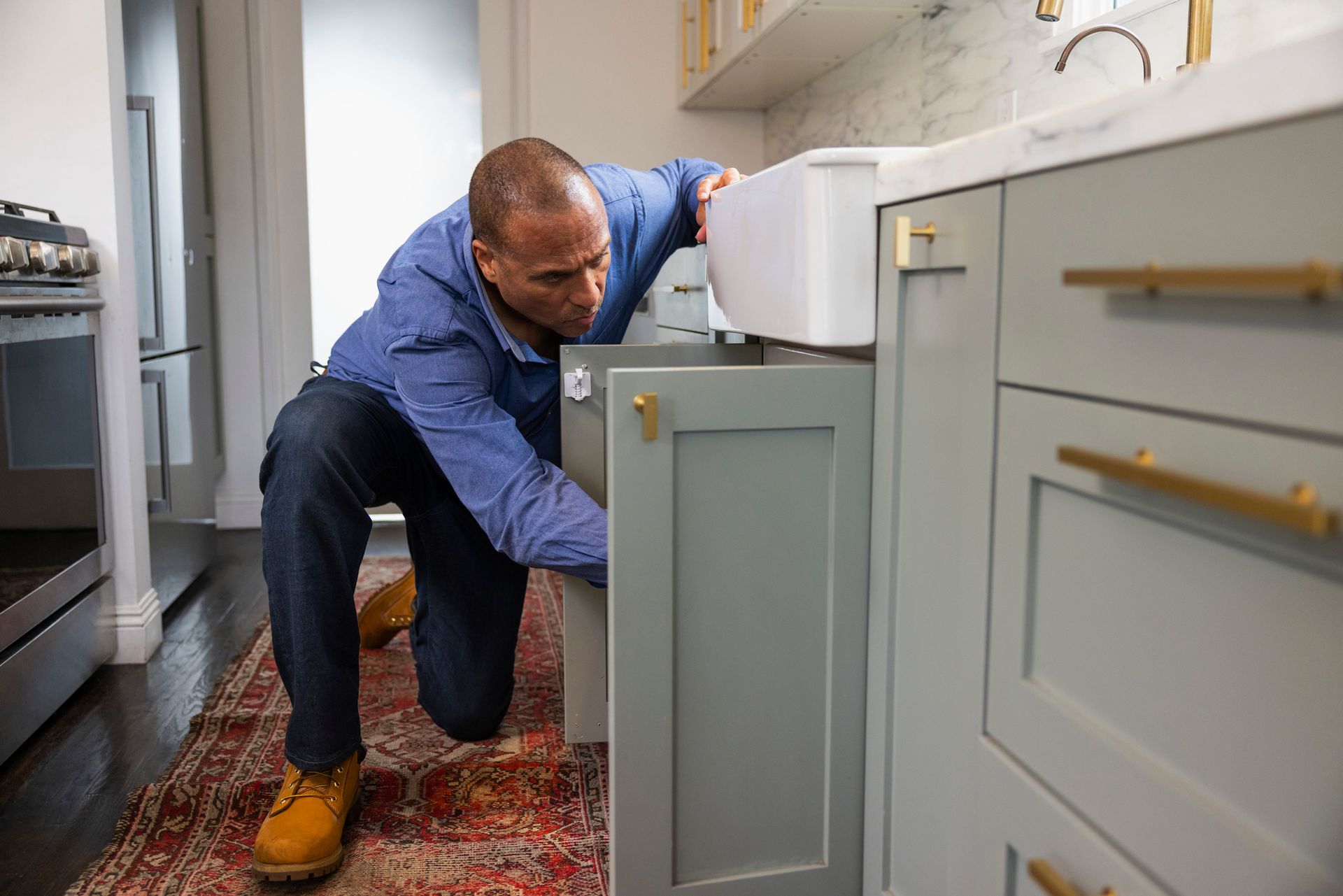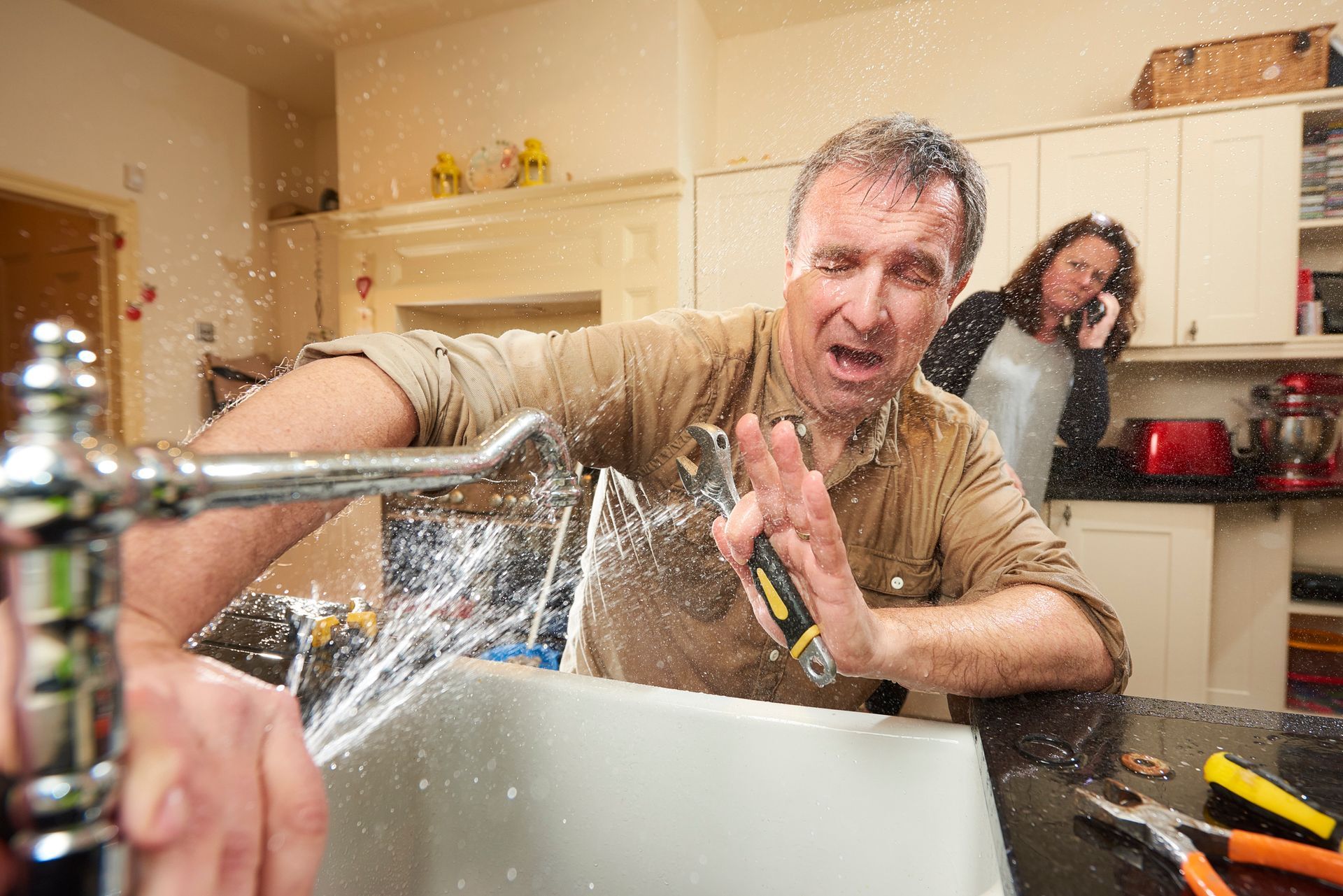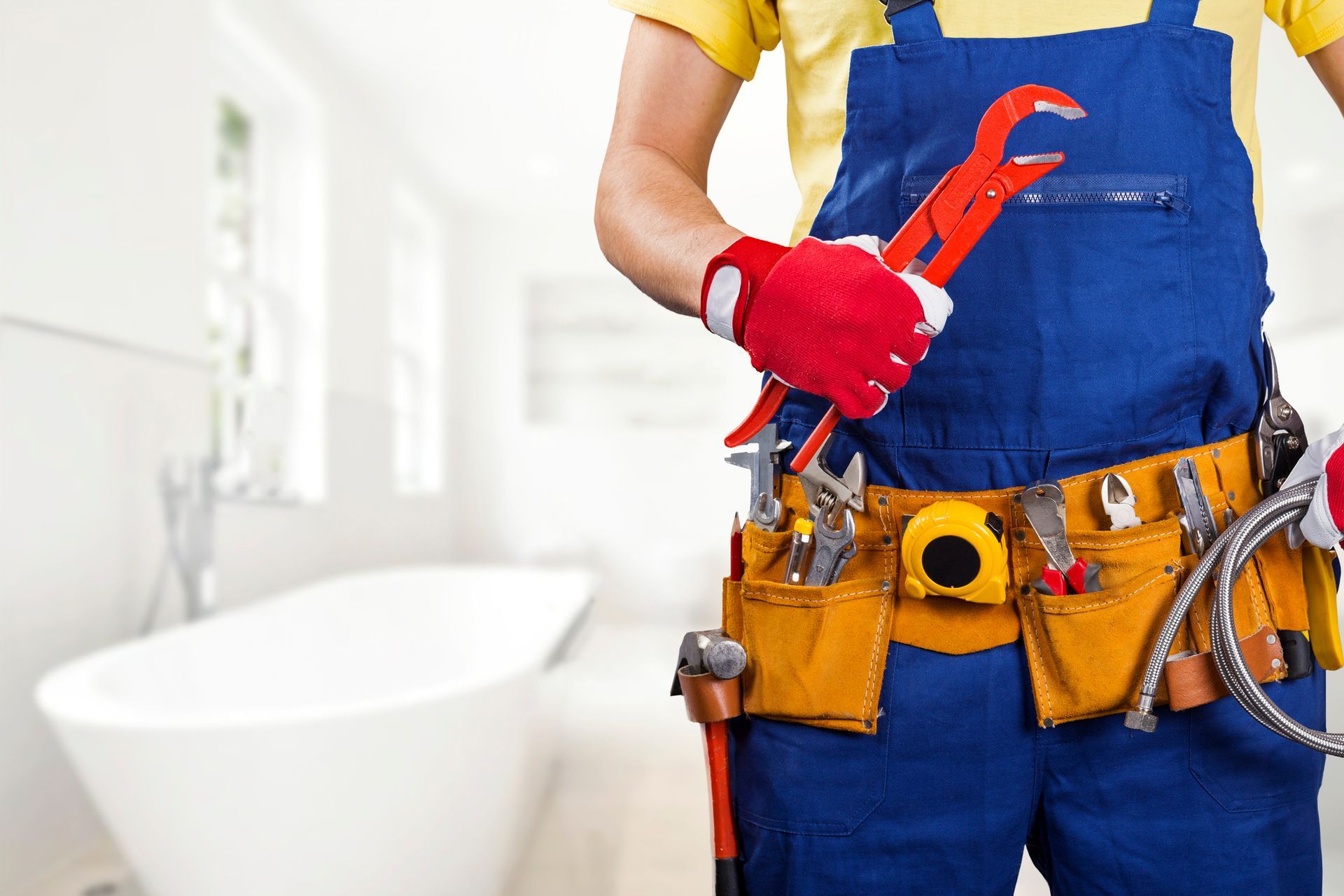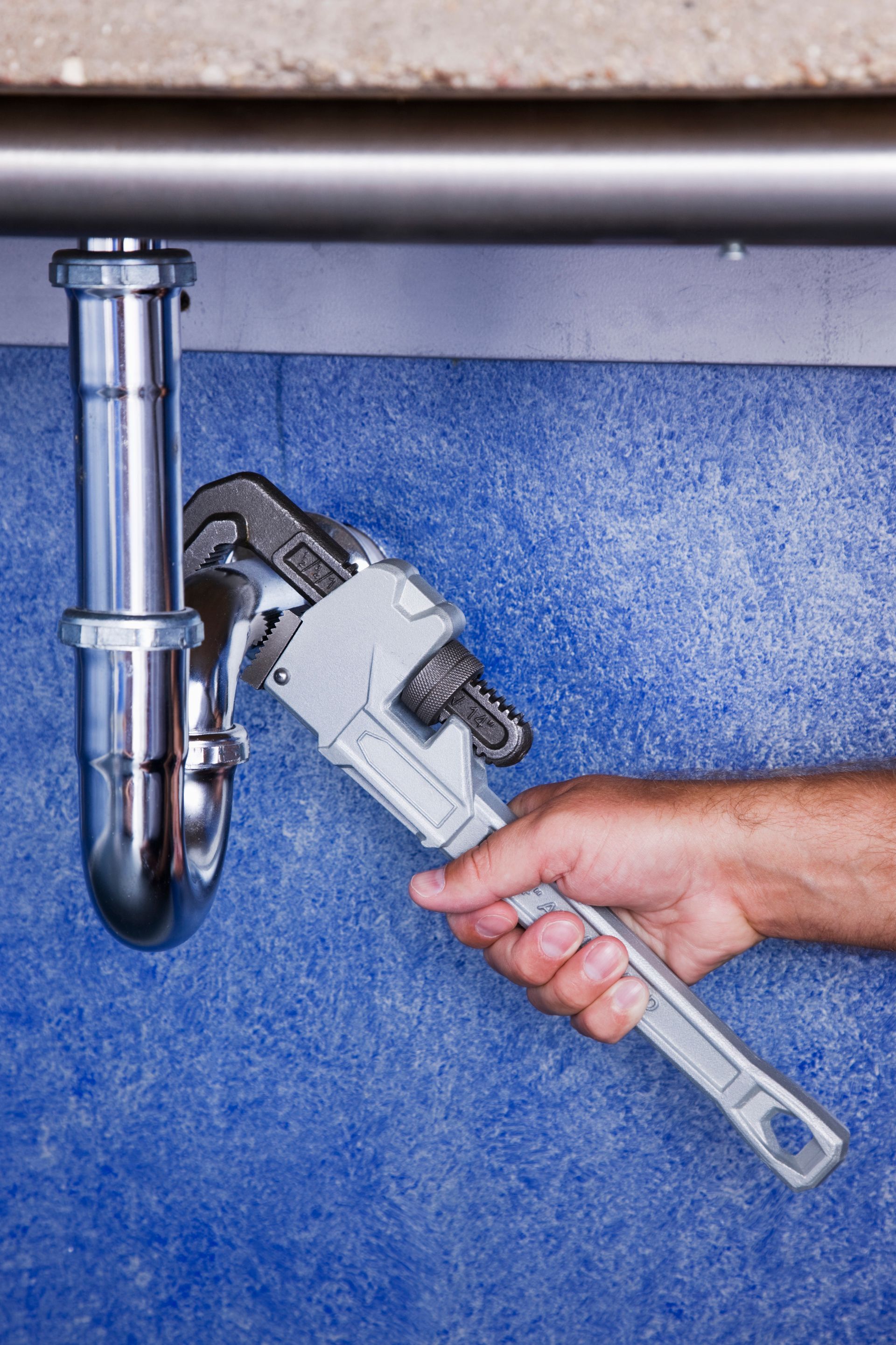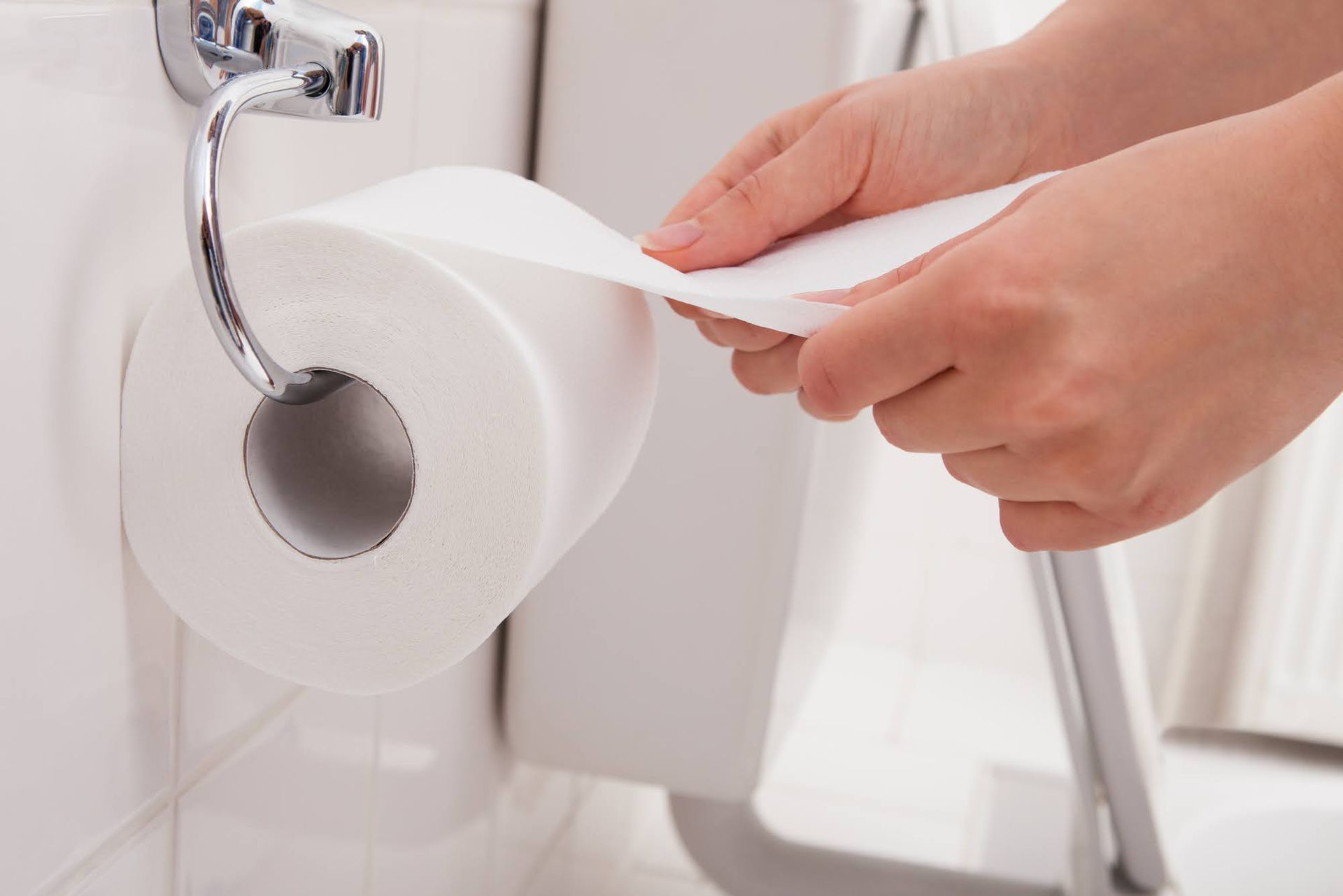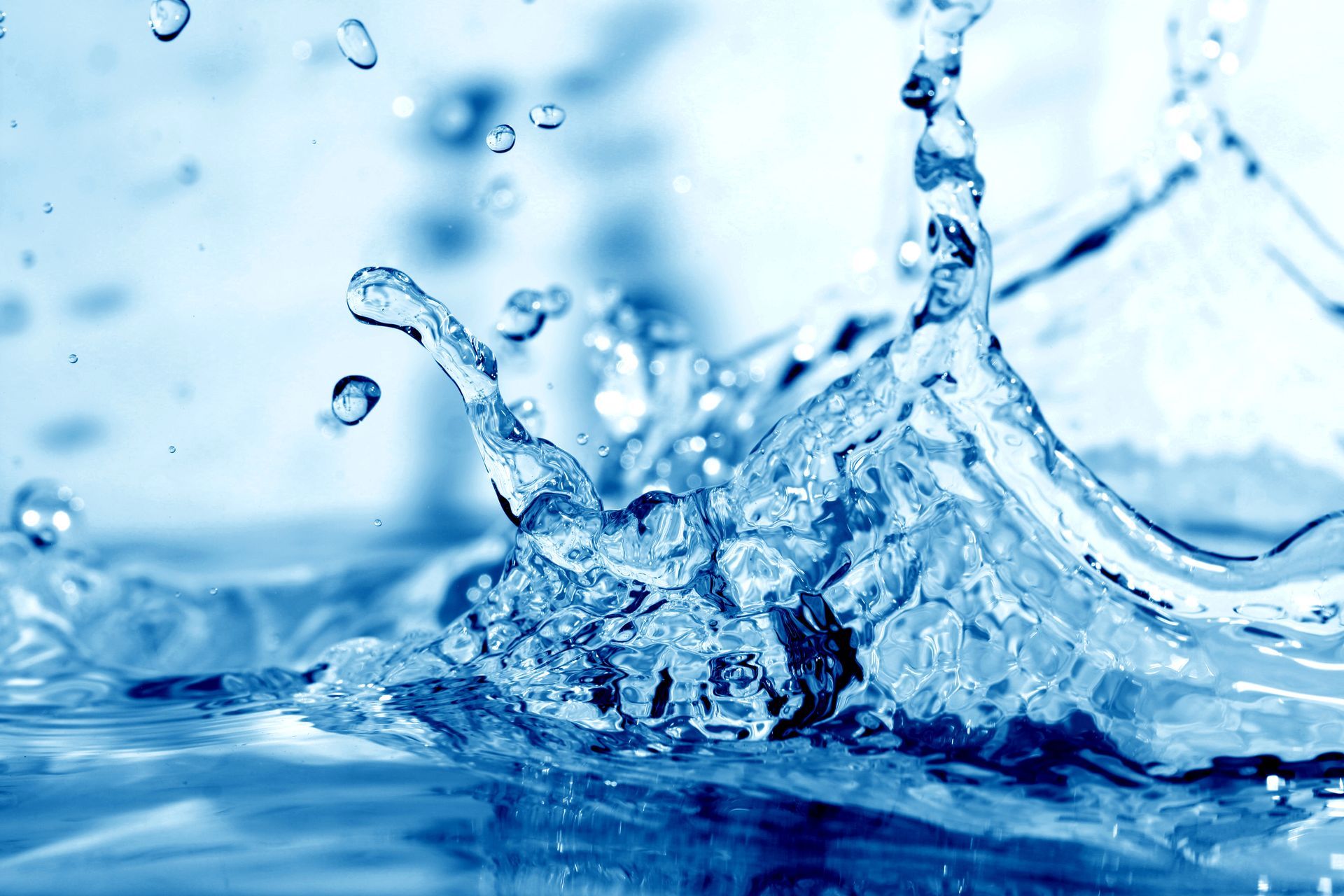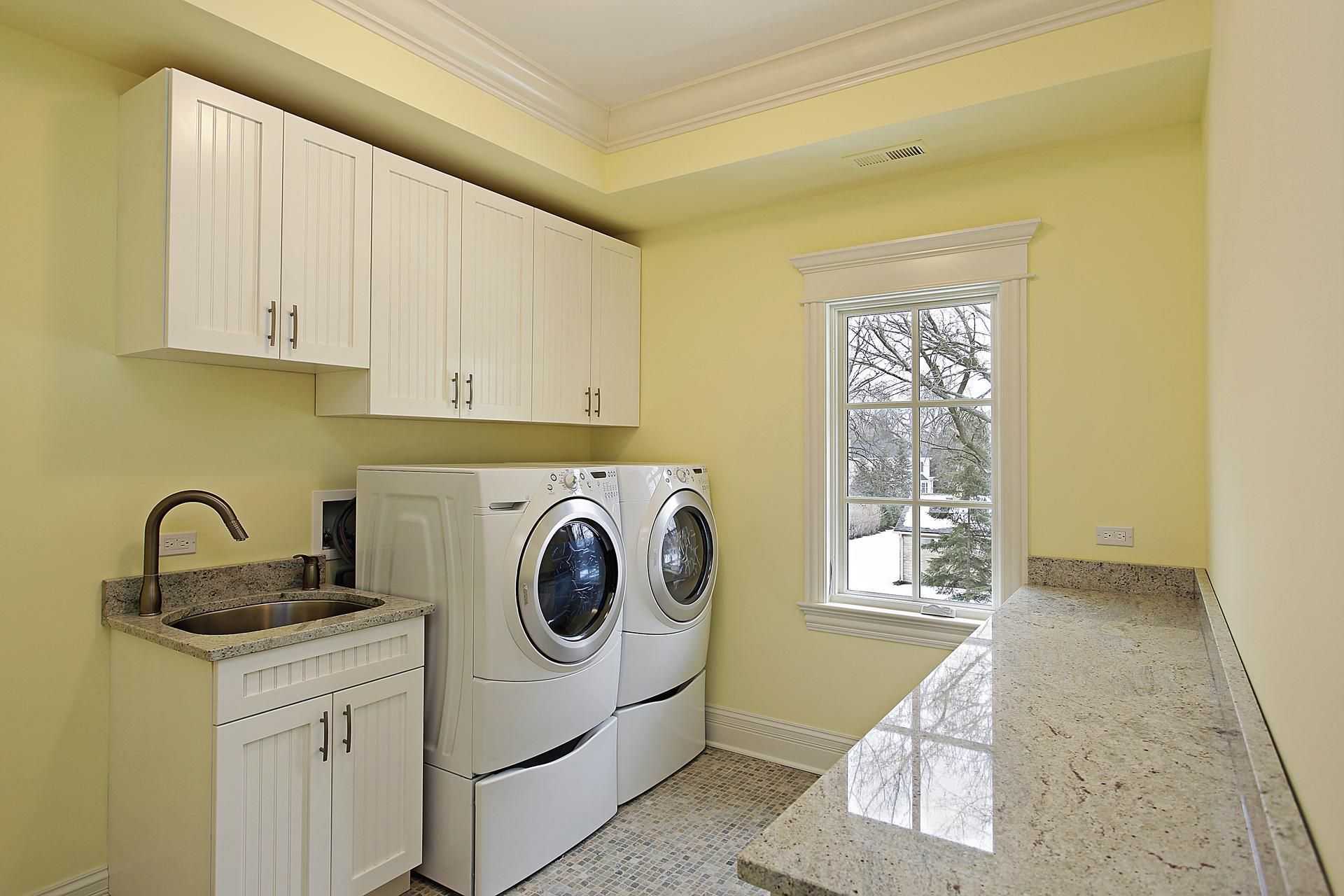Blog
Why Wet Wipes Are Not as Flushable as the Label Suggests
April 16, 2021
Visit any toilet paper aisle and you'll likely see almost as many varieties of wet wipes as you do toilet paper. Many of these products' labels read flushable, which would lead you to believe you can send them down the toilet, just as you
would with regular paper.
Wet wipe companies often benefit if they advertise their products as flushable, as customers would usually rather dispose of a used wipe in the toilet than in a trash can. But sadly, flushing wet wipes - even the ones that claim to be
flushable - is not often a great idea. If you use these products, the only place they belong is in the trash. Learn why.
Clogs From Wipes Don't Clear Easily
Toilet paper breaks down quickly. If you swish a piece around in a bowl of water, the toilet paper will disintegrate into little pieces almost immediately. The paper is designed this way for a reason: if it gets caught in the drainpipe on its
way out of your toilet bowl, the paper will break down within a few minutes and allow water to flow freely again.
Take a wet wipe and swish it around in water, and it will stay completely intact. Many wet wipes are as tough to break down as a tee shirt or a rag. This can cause a major problem if one does get caught in your toilet's drainpipe. You
won't just be able to wait for the wipe to break down and free itself. You'll have to plunge, and in many cases, snake the toilet or call the plumber.
Wipes Can Get Caught on Roots in Sewer Lines
If your home connects to a public sewer, a large pipe carries all of your home's waste to the public line beneath the street. This pipe is the main sewer line, and it is your responsibility to maintain. Many main sewer lines are clay, and
over time, they become overgrown with tree roots. Anything that flows past these roots tends to catch on them.
When toilet paper gets caught, it does not cause a major problem because it breaks down quickly. But when wet wipes get caught, they rapidly accumulate, leading to major blockages and sewage backups. Cleaning out or replacing a
main sewer line can be quite expensive, so treat yours gently - and that includes not flushing wet wipes.
Wipes Fill Up a Septic Tank Prematurely
If you have a septic tank rather than a public sewer connection, wet wipes are an even bigger concern. They build up at the bottom of the tank, taking up space that should go to solid waste.
As the tank grows fuller, you have less space for wastewater, and so it begins flooding out into the drainfield. You'll need to pump your tank prematurely, and you may also have to replace the leach field if it becomes contaminated with
waste that the septic tank has not properly handled.
Public Sewer Systems Suffer From Wet Wipes
Wet wipes don't just cause problems for homeowners. These wipes are also a nightmare for sewer departments across the country. For example, a massive buildup of fat and wet wipes caused a sewage blockage and flooding in Baltimore.
While companies that advertise their wet wipes as flushable
are often partly to blame for these problems, you, as the consumer, can do your part by putting the wipes in the trash rather than down the toilet. Perhaps the labels will
change in the future, but for now, you need to know that only toilet paper is truly flushable - no matter what the wipe labels say.
Are you dealing with a sewer line blockage or septic troubles after flushing wet wipes? Contact Complete Plumbing
today. We offer septic pumping services and can also replace troublesome main sewer lines.
$35off Water Heater
Installation
Installation
$20off Plumbing
Services
Services
Ask About Our Senior
and Military Discount
and Military Discount



